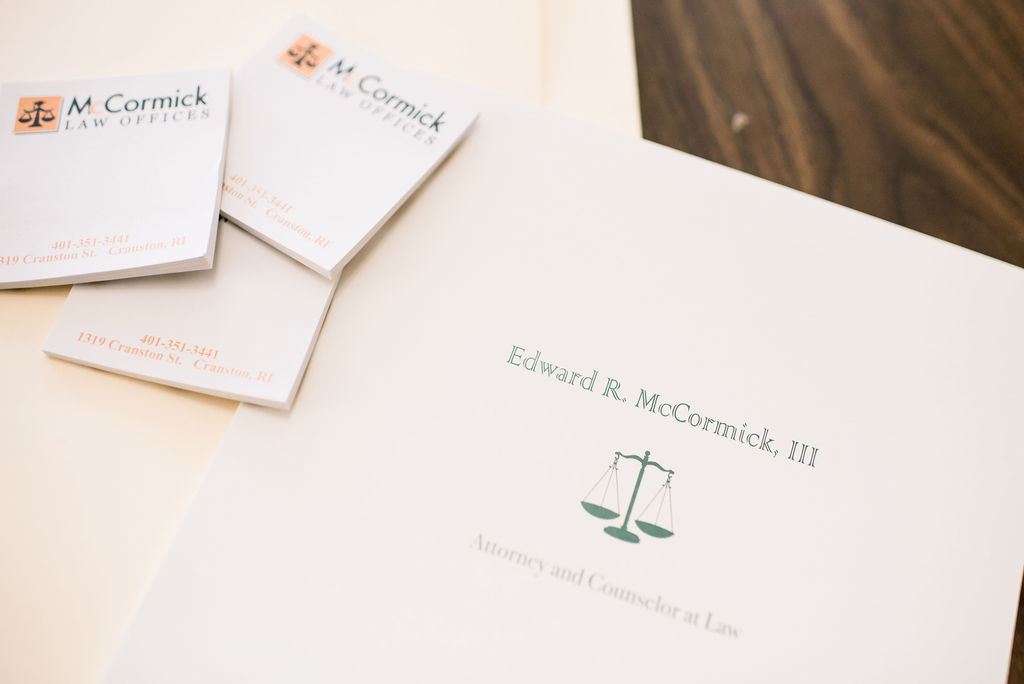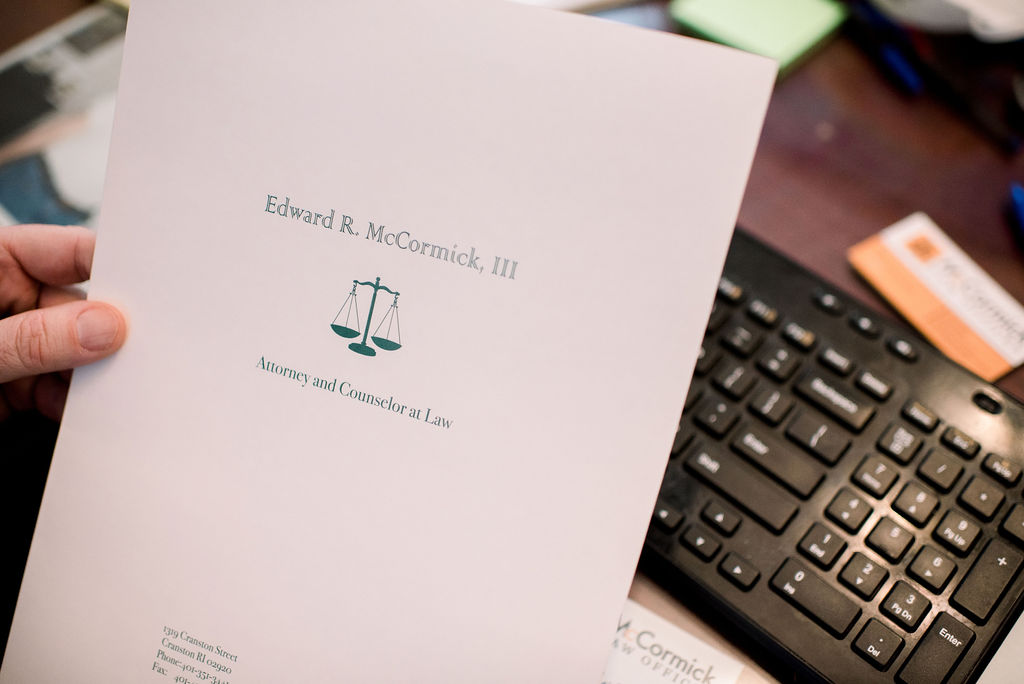Choosing someone to manage your estate after death is a deeply personal—and highly important—decision. The executor of your will is responsible for carrying out your final wishes, settling debts, filing taxes, and distributing assets. If they make mistakes or act in bad faith, your beneficiaries could face costly delays and disputes. This guide explains how to choose the right executor and what qualities to look for in Rhode Island and Massachusetts.
What Is an Executor?
An executor (or personal representative) is the person named in your will who manages your estate during probate. Their duties include:
- Filing your will with the probate court
- Notifying heirs and creditors
- Managing and protecting assets
- Paying taxes and debts
- Distributing property to beneficiaries
- Filing a final accounting with the court
The executor has a legal obligation to act in the best interest of the estate and its beneficiaries.
Qualities of a Good Executor
When deciding who to appoint, look for someone who is:
1. Trustworthy and Honest
This person will have control over your finances and sensitive documents. Choose someone who will act ethically and responsibly.
2. Organized and Detail-Oriented
Probate requires paperwork, deadlines, and attention to legal procedures. An executor should be comfortable managing these tasks or willing to seek professional help.
3. Emotionally Stable
Grief and family tension can complicate probate. Your executor should be someone who can stay calm, fair, and clear-headed.
4. Financially Literate
While they don’t need to be an accountant, your executor should understand basic financial principles and know when to involve attorneys, tax professionals, or advisors.
5. Located Nearby (Ideally)
Choosing someone who lives in Rhode Island or Massachusetts can help with in-person tasks like property management, court filings, or estate sales.
Who Can Be an Executor in Rhode Island or Massachusetts?
In both states, the executor must be:
- At least 18 years old
- Of sound mind
- Not a convicted felon (in most cases)
You can name a family member, friend, professional advisor, or even an attorney. Some people appoint co-executors, but this can lead to complications unless both are aligned.
Can You Choose a Professional Executor?
Yes. If you don’t have a suitable family member or friend—or you prefer a neutral party—you can name a:
- Lawyer
- Accountant
- Trust company or bank
These professionals charge a fee but offer experienced, impartial administration and often reduce risk for your beneficiaries.
Should You Discuss It With the Person First?
Absolutely. Always ask your chosen executor in advance if they are willing to serve. Discuss your estate plan with them, provide a copy of your will, and let them know where important documents are located.
What Happens If You Don’t Name an Executor?
If your will doesn’t name an executor—or the named person declines or passes away—the probate court will appoint one, typically a close family member. This can lead to delays or unwanted outcomes.
Why Legal Guidance Matters
An estate planning attorney can help you:
- Evaluate potential executors
- Draft or update your will
- Appoint alternate executors
- Provide legal language that limits executor liability
- Offer ongoing legal support to your executor after your death
Related Reading
Strengthen your estate planning with these related articles:
Final Thoughts
The person you choose as executor will be responsible for managing your legacy. Take time to carefully consider who is best suited for the job—and provide them with the legal tools they need to succeed. With thoughtful planning, you can ensure that your estate is handled exactly as you intended.
Need help creating your will or selecting the right executor?
Contact McCormick Law Offices for trusted estate planning advice in Rhode Island and Massachusetts.







